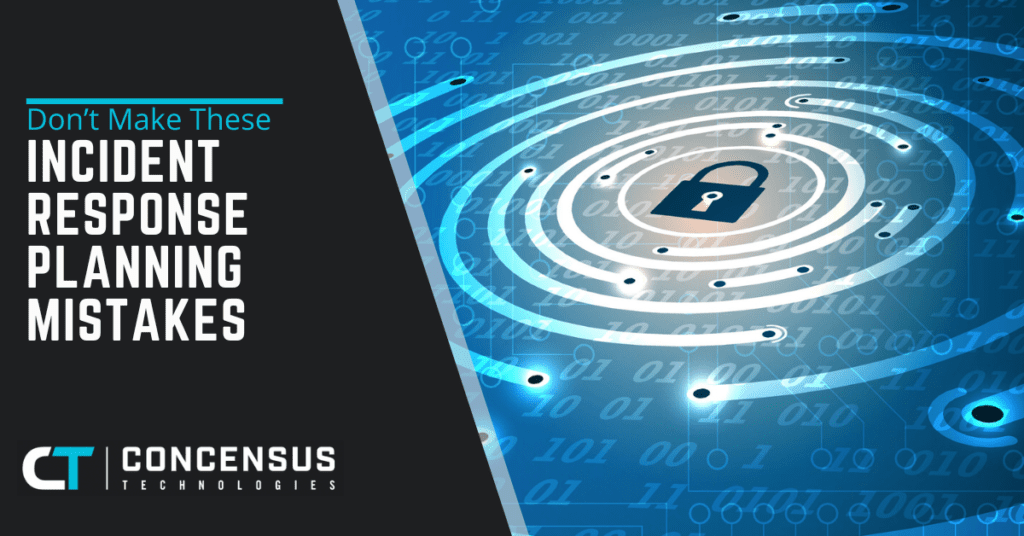
From small businesses to global enterprises, no organization is immune from the threat of cyber-attacks. In the unfortunate event of a breach or attack, without a sturdy incident response plan, recoveries can be slow, painful, and very costly.
This article will consider some common mistakes, myths, and misconceptions that potentially hold you back from achieving an effective response plan to help you navigate cyber challenges effectively.
Common Mistakes to Avoid
Mistake 1: Overlooking Internal Threats
Most organizations make a grave mistake by only looking at external threats and completely disregarding the potential for destruction emanating from within. Lax processes or untrained humans can be one internal vulnerability that may cause a huge breach in data.
Solution: Strengthen Internal Defenses
This would involve designing holistic training in cybersecurity for all kinds of employees, especially for practices related to sensitive information handling.
- Lay down clear policies concerning how data is handled, accesses granted, and incidents reported.
- Regularly review internal processes to find and fix potential vulnerabilities.
Mistake 2: Overreliance on Technology
While technological solutions are necessary, an incident response plan requires more than just tools. A well-rounded approach incorporates human expertise, communication strategies, and legal considerations.
Solution: Develop a Holistic Response Plan
- Train your response team on both tools and processes to ensure they understand the full scope of incident response.
- Clearly outline channels for communication with internal and external stakeholders.
- Provide specific roles and responsibilities to the incident response team members.
- Ensure knowledge of legal obligations concerning data breach reporting and compliance.
Mistake 3: Failing to Keep Your Plan Current
Some mistakenly believe that an incident response plan is good forever and immediately after it has been drafted, which is not true; after some time, if untested and not updated, even a good plan will fail.
Solution: Keep the Strategy Evolving
- Institute a system of periodic reviews and updates of the incident response plan.
- Make sure that the plan keeps pace with the dynamic nature of the threat landscape.
- Conduct periodic simulations and tabletop exercises to refine response strategies and ensure readiness within the team.
Best Practices for Effective Incident Response
Identify and Prioritize Critical Assets
- Conduct an in-depth assessment to identify those data and systems that are truly critical to your organization.
- Prioritize protection and response efforts commensurate with the criticality of these assets.
Form a Specialized Incident Response Team
- Develop a specific incident response team that clearly defines roles and responsibilities.
- The team should be comprised of representatives from different departments to address the issue from all sides.
Implement Continuous Monitoring
- Utilize various tools and processes to provide real-time or near real-time threat detection, prevention, and analysis.
- Establish clear procedures for rapidly escalating potential incidents to the response team.
Specific Response Procedures
-Develop detailed playbooks for likely incident scenarios, such as ransomware attacks or account takeovers.
-Include step-by-step procedures for detecting, escalating, and containing each type of intrusion.
Develop a Communication Plan
-Identify key stakeholders to be notified in case of an incident, including management and customer-facing employees.
-Prepare public statements in advance to ensure timely communication during an incident.
Building Resilience Through Partnership
In the modern, ever-changing landscape of cyber threats, every organization needs to have a solid incident response plan. However, developing an effective plan requires resources, expertise, and advanced tools that may be beyond the capabilities of many businesses.
Don’t let your organization fall victim to a cyberattack. Concensus Technologies can be a strategic partner in building your incident response plan. Our staff of experts provides the knowledge, tools, and support necessary to protect your valuable assets and respond swiftly to any cyber incident.
Strengthen your defenses today with Concensus Technologies and help your organization be well-prepared for the challenges that lie ahead in cyberspace. Contact us today and let us be your first line of defense against cyber threats.
Let us give you peace of mind
Leave it to our experts to keep your organization secure around the clock. Partner with us for trusted technology support.
